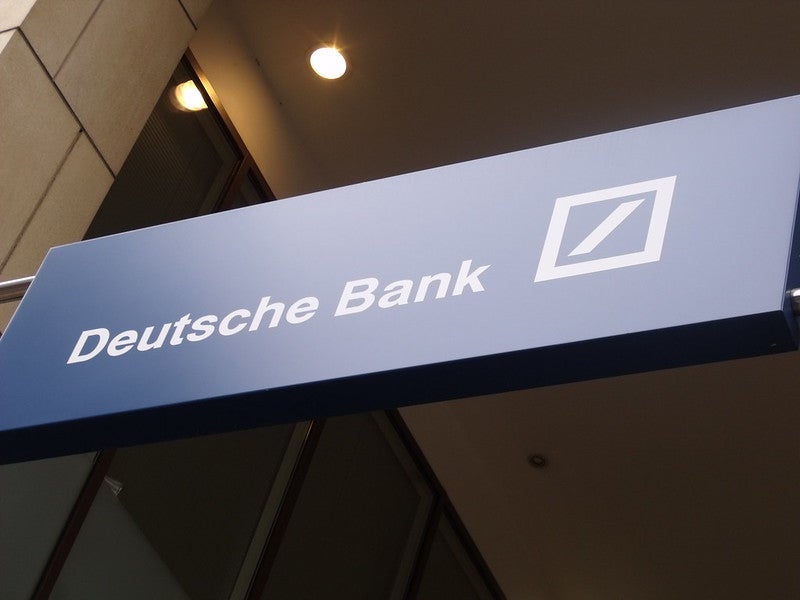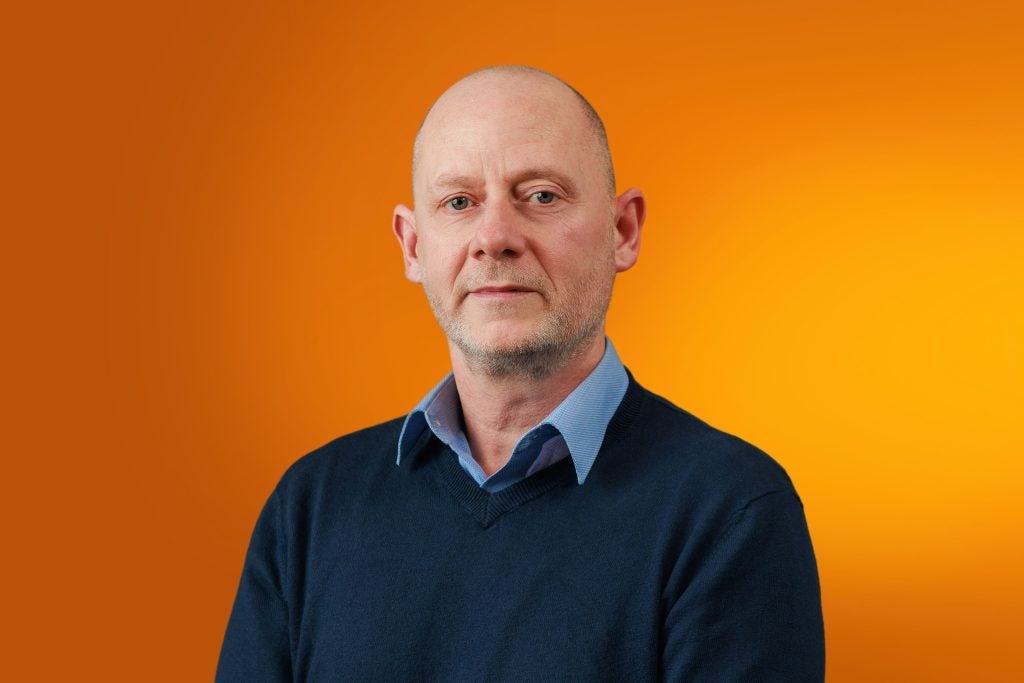Private banking reputations in the US and across
Europe have been damaged by the alleged $50 billion Ponzi swindle
by US financier Bernard Madoff. It represents a mortal blow to
funds-of-funds, a major plank of the $1.5 trillion hedge fund
market, and promises to trigger an upgrade of investment
regulations.
Private banks in Geneva, which have routed
billions of dollars of client assets into hedge funds in recent
years, are centrally involved in the alleged $50 billion Ponzi
scheme fraud by US financier Bernard Madoff.
The affair, which is already sparking
lawsuits across the US and Europe, has far-reaching implications
and, at least for the time being, has killed off the market for
fund-of-fund investments.
As details of US investigations into the
scandal become clear, multiple cases of negligence or mis-selling
by wealthy clients are expected to be lodged.
Geneva has emerged in recent years as the
primary global hub for fund-of-funds – vehicles that invest in
pools of hedge funds.
Unofficial estimates of the losses
expected to result from clients caught up in the alleged Madoff
swindle via Swiss banks range from $5 billion to as high as $10
billion, if losses by family offices and other investment
institutions are included.
How well do you really know your competitors?
Access the most comprehensive Company Profiles on the market, powered by GlobalData. Save hours of research. Gain competitive edge.

Thank you!
Your download email will arrive shortly
Not ready to buy yet? Download a free sample
We are confident about the unique quality of our Company Profiles. However, we want you to make the most beneficial decision for your business, so we offer a free sample that you can download by submitting the below form
By GlobalDataMore than half of losses outside
US
More than half of the $50 billion of
losses are expected to be borne by high net worth individuals and
financial institutions outside of the US.
Among the Swiss banks disclosing exposures
to Madoff, Union Bancaire Privée (UBP), one of the world’s biggest
fund-of-funds operators, said about 1 percent of its assets, or
$1.25 billion, was exposed to the alleged Ponzi scheme. This
includes $700 million on behalf of clients.
Half of UBP’s 22 fund of funds, which
channeled clients’ money into other hedge funds, put at least some
of that money into Madoff-related investment vehicles.
Notz Stucki & Cie, another Geneva
private bank reportedly had assets of about $695 million with
Madoff. Benbassat & Cie is reported to have $935 million of
exposures, while Benedict Hentsch said it had unwound its merger
with the alternative investment specialist Fairfield Greenwich,
which had put half its assets in a fund set up by Madoff.
The affair also scuttled Bank Medici, an
Austrian private bank. This was placed under state supervision
after it sold over $3 billion of Madoff-exposed funds to investors.
One of its top clients was Pioneer Investments, the funds arm of
Italy’s UniCredit which has total Madoff exposure of €805 million
($1.1 billion).
For Geneva, the scandal represents a big
blow to its reputation. Some private banks and related European
feeder funds had been extensively using Madoff for their funds and
client portfolios. In some instances, they were allegedly secretly
being paid placement fees by Madoff.
Conflict of interest
A senior US investment commentator, Barton
Biggs, a managing partner of Traxis Partners hedge fund in New
York, says that if this is correct, “a scandalous conflict of
interest” is created because the advisers were acting as
fiduciaries and charging clients an advance fee. This could be a
serious “black mark” for all involved in wealth management, he
contends.
Managers of fund-of-funds and hedge fund
consultants are usually paid a fee, typically 1 percent fixed and
10 percent of the profits, for finding and exercising exhaustive
due diligence, including checking out hedge funds and investment
strategies.
Biggs suggests: “The managements of the
fund-of-funds that did invest in Madoff will be sued for all
they’ve got. After all, they not only failed as fiduciaries, they
pocketed huge incentive fees on phony profits.”
A number of major private banks did shun
Madoff, after failing to be convinced by his investment strategies
which promised steady but unspectacular returns. He offered annual
returns of up to 11 percent annually.
Credit Suisse, whose clients lost almost
$1 billion, urged customers more than eight years ago to withdraw
cash from his firm because the bank couldn’t determine how he made
money.
UBS said that products sold by Madoff
weren’t on a list of recommendations made to clients, but the Swiss
bank had produced and sold funds containing Madoff’s products.
“UBS supported clients by establishing
fund-of-funds structures at their request,” a UBS spokesman said.
As much as CHF1.4 billion ($1.3 billion) of client funds could have
been involved.
Major banks from Britain, France and Japan
helped investors treble or quadruple bets on Madoff by lending
billions of dollars to “feeder” funds, which placed their money
with Madoff. Banco Santander has Madoff exposures of €2.3 billion,
the Dutch arm of Fortis has exposure of up to €1 billion, HSBC’s
exposure is about $1 billion while Royal Bank of Scotland faces
potential losses of £400 million.
Accountancy firms also
hit
As well as financial institutions, top
accounting firms were also hoodwinked by the alleged fraud.
PricewaterhouseCoopers, KPMG and Ernst
& Young, three of the ‘Big Four’ accountants, and an arm of BDO
International, the fifth-largest, were all auditors of the feeder
funds which channeled money into accounts at Madoff’s New York
brokerage.
There is now wide expectation that the
global hedge fund industry, which largely operates on the basis of
self-regulation, will be subject to much greater oversight and
control.
In particular, the alleged swindle has
added new urgency in the US to calls for reform regulation of the
US financial system after the disastrous banking industry losses on
mortgage debt and related securities.
Jérôme de Lavenère Lussan, managing
partner of investment management consultancy Laven Partners, said:
“We hope the Madoff failure will be the tipping point from which
operational due diligence is taken seriously.
Professor Stewart Hamilton of the IMD
Business School in Lausanne warns that Swiss private banks with
exposures could find that clients will claim negligence or complain
that they were mis-sold products.
Prof Hamilton, quoted by the Swiss Info
service added, “Hopefully this will help people realise that the
root cause of the problem is that the regulators are totally
underfunded and under-resourced. They get inexperienced people who
are easily intimidated while any regulator that looks any good gets
headhunted.”







